Carla Riestra: “Volunteering is a healthy virus that is transmitted from person to person”
Carla Riestra, executive president of Cooperand, tells us about this Andorran non-profit organization that provides aid to at-risk children in Bolivia.
How was this project developed?
The project was created in 2004 from a personal experience as a volunteer. I travelled to Bolivia in July and August that year as a Spanish teacher in a community not far from lake Titicaca and became hooked on volunteering ever since.
What is Cooperand about?
At Cooperand we seek to provide a roof, food and education to Bolivian children living in extreme poverty. Since 2004 we have set up humanitarian and development projects for children at risk. Since the outbreak of the pandemic we are providing therapy and legal assistance to women who have suffered from gender-based violence, as figures have tripled with the lockdown.
We also provide support in other Latin American countries like Peru, Chile, Argentina, Uruguay and Paraguay through our digital platform.
Tell us about the reality these children live in
The main issue they face is common throughout Latin America. We are talking of children aged 4 to 18 who have been abandoned or have been subjected to violence at home and have decided to leave.
They often come together as groups with dogs and end up living in the cities as beggars, robbers or committing crimes at roundabouts and traffic lights and they often sleep under bridges on the cities’ outskirts.
Don’t they go to school?
These children aren’t at school, and that is why at Cooperand we provide scholarships to children who have a family and a home but who are at risk. In doing so, we try stopping these children from joining gangs and engaging in crime, by keeping them at home with scholarships and additional evening tuition, especially for those who are out of school or go to school sporadically and also work.
Who is part of the Cooperand team?
Cooperand has 20 people, teachers who were once children that lived these realities and benefited from scholarships to complete their education and graduate in new technologies. So, these teachers teach children and support them to attain an education certificate issued by the Bolivian government, just like they did when they were children.
What do you do at Cooperand?
We work on two fronts: we contain children who are on the verge of leaving home and live on the streets through scholarships or, once they are in a foster home, we work to support them in achieving an education and getting them on the labour market.
We work together with a project called Plan 3000 which is made up of 600 children from extremely poor neighbourhoods in Santa Cruz de la Sierra and religious foster homes with 80 or 100 children who have been abandoned, sexually abused or who have fallen into the hands of people trafficking networks.
We also collaborate with the maintenance of a foster home for children with disabilities that have been abandoned and exploited. The reality there is tough, since nobody wanted to take charge of these children and the projects we develop don’t contribute to a higher life expectancy, but they do improve their quality of life.
How do you work to improve these children’s wellbeing?
Thanks to our foster programme in Andorra, where 60 to 80 families have committed to foster a girl to support them and study, we have collaborations with Bolivian foster homes to provide financial, educational and food support.
With these funds children are able to go to the circus, pools or to the zoo, since they have nobody who could do this with them in their daily lives.
What is the role of foster families?
In Andorra we have 60 to 80 families who support and foster girls.
The role of foster families is to make financial contributions and exchange letters so these girls feel they have a family. Many of these families have travelled to Bolivia to meet their foster daughters.
What is the impact of these foster families on the girls?
Thanks to the therapy reports, we came to realise that the girls who participated in these foster families and received photographs from Andorra and their foster families had a greater performance at school, and some are event top in their class.
How do you help them join the labour market?
We provide training in ICTs. The girls that are in the foster homes and also all those participating in the Plan 3000 project can participate in digital skills trainings recognised by the Bolivian government. This certificate is a precious asset to them, since it allows them to access university.
Through women, we are managing to help these girls obtain a certificate in new technologies in Bolivia, which has a strong macho culture and were new tech is seen as something only accessible to men.
How do you link Andorra and Bolivia?
As mentioned, we have the foster families, as well as volunteers and awareness campaigns. For the latter, Cooperand provides awareness talks at schools around the country. It’s a way of giving back all the lived experiences in Bolivia here in Andorra.
Do you notice greater awareness in Andorra thanks to these talks?
Youths are positively surprised because they have a much higher level of awareness than adults in these matters. However, it is not sufficient to go and talk with these students only once, you need to return each year and allow them to share their views from a critical stance.
Gradually we are seeing a very positive impact. In fact, some former students I had have come to visit Bolivia. The seed that is planted from a young age remains there and they are willing to collaborate later on in life.
What is your outlook for Bolivia?
I am not optimistic. Before the pandemic I would have said the progress made in the region was positive. However, with the pandemic there have been huge setbacks, taking us back 15 years. Bolivia saw many die and lockdown meant that people who had to go out and earn a living couldn’t to this. So now they are even poorer than before.
What has been the impact of the pandemic on these families’ children?
This year, 20% of Bolivia’s children haven’t enrolled at school because their parents preferred them to work and support the family income rather than having to pay their children’s enrolment fees.
What would you say is the role of volunteering in initiatives like yours?
In my view, the impact of volunteering isn’t felt so much in the work on the ground, which of course it is, but because volunteers, after participating in these initiatives, act as a loudspeakers in their families and friends.
We could say that volunteering is a health virus that is transmitted from person to person given that more and more people contact us because a friend, their partner or someone in their family had worked with us or because they want to help.
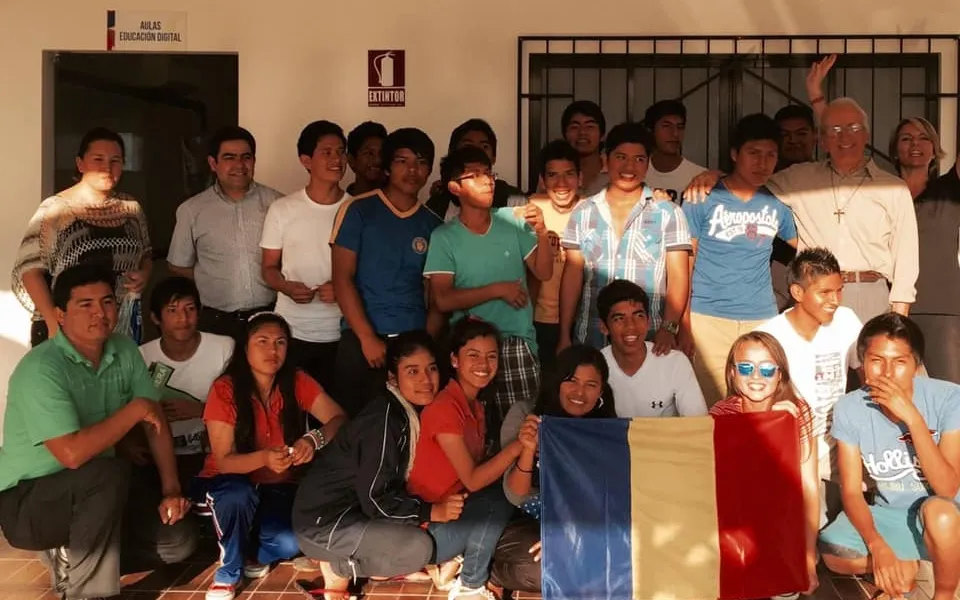
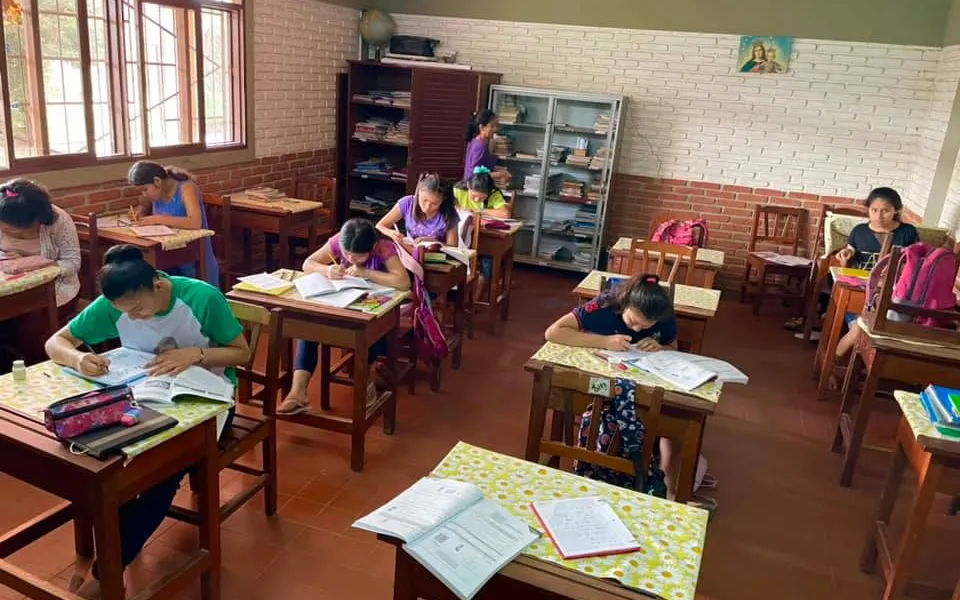


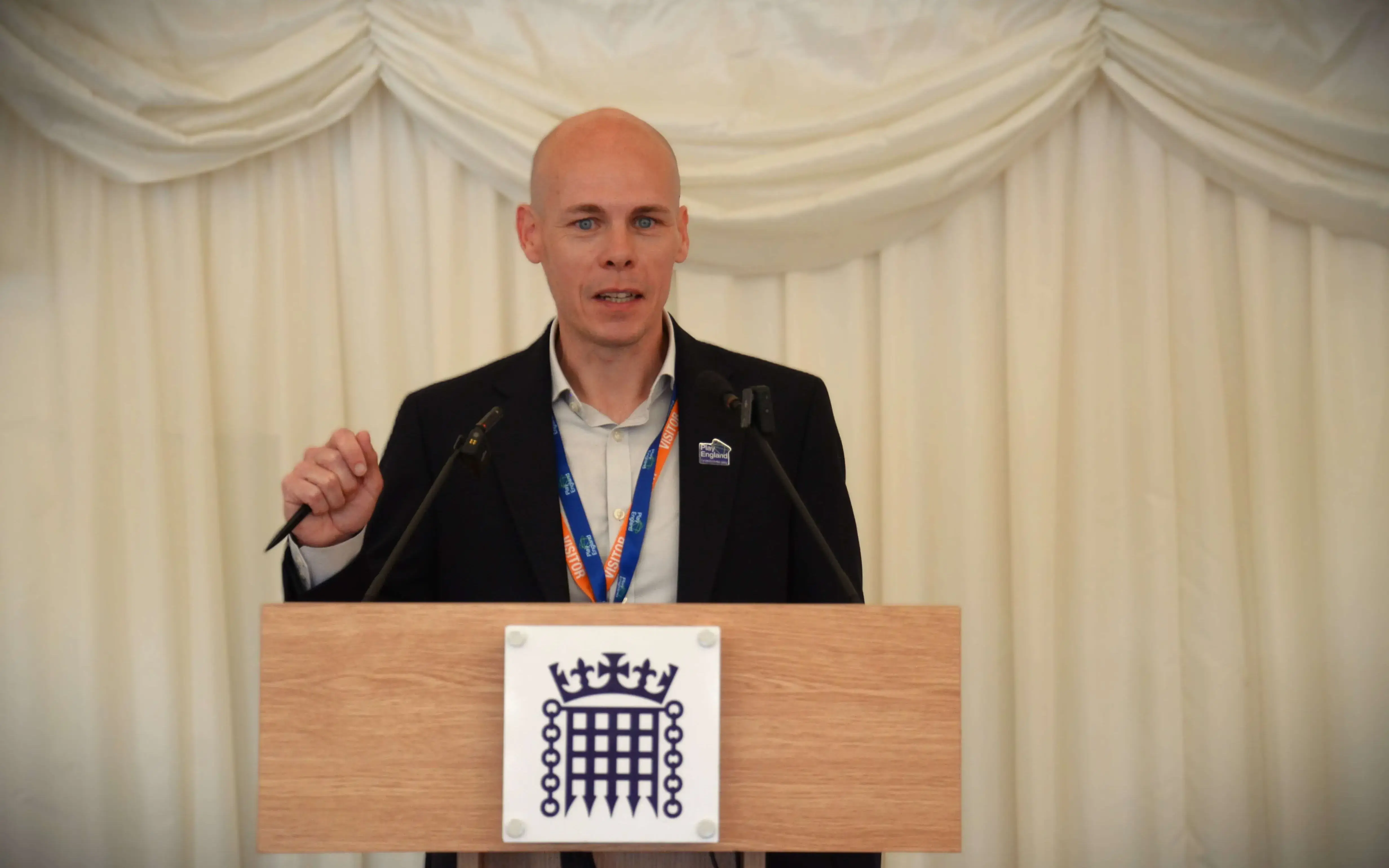
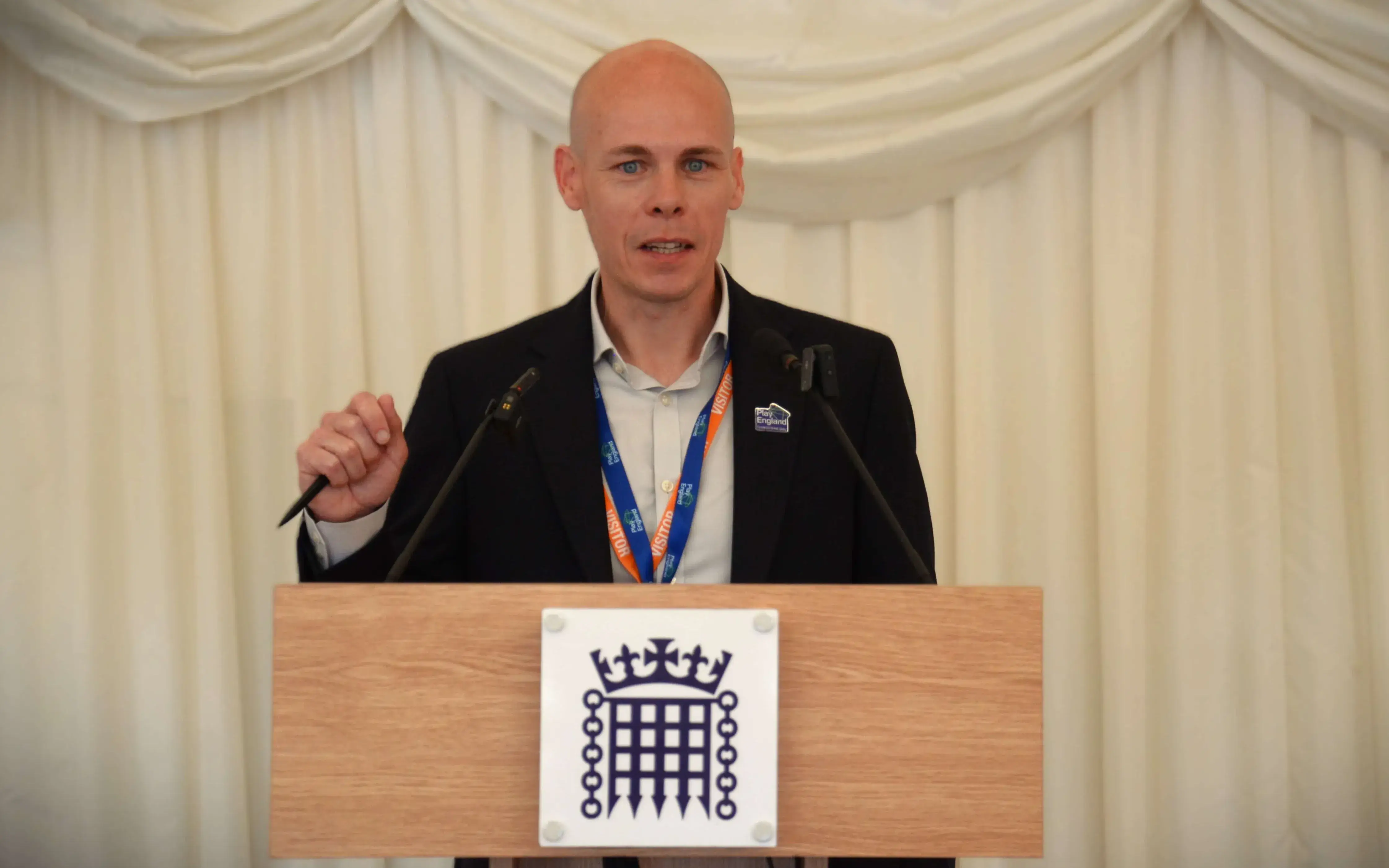

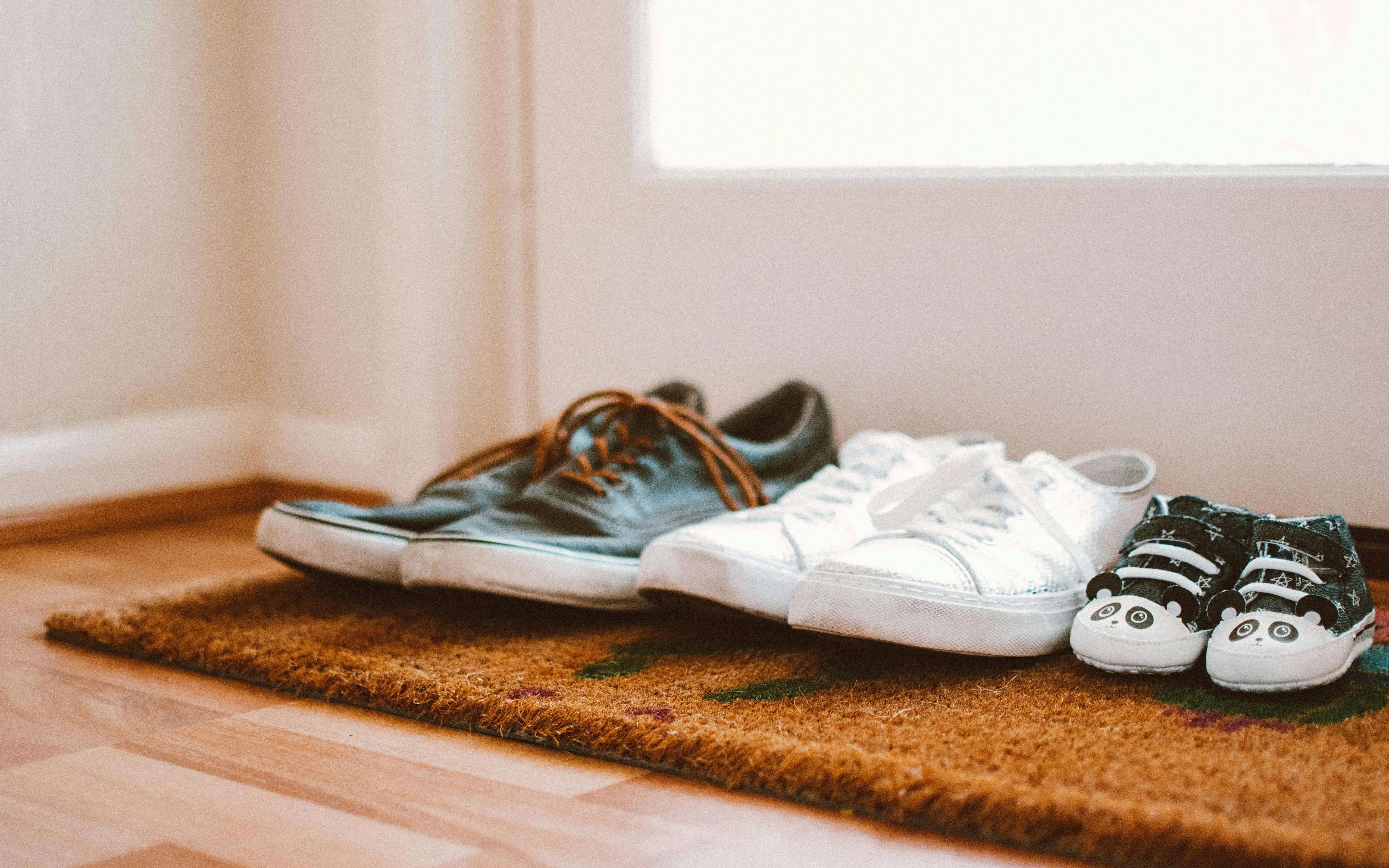
Add new comment